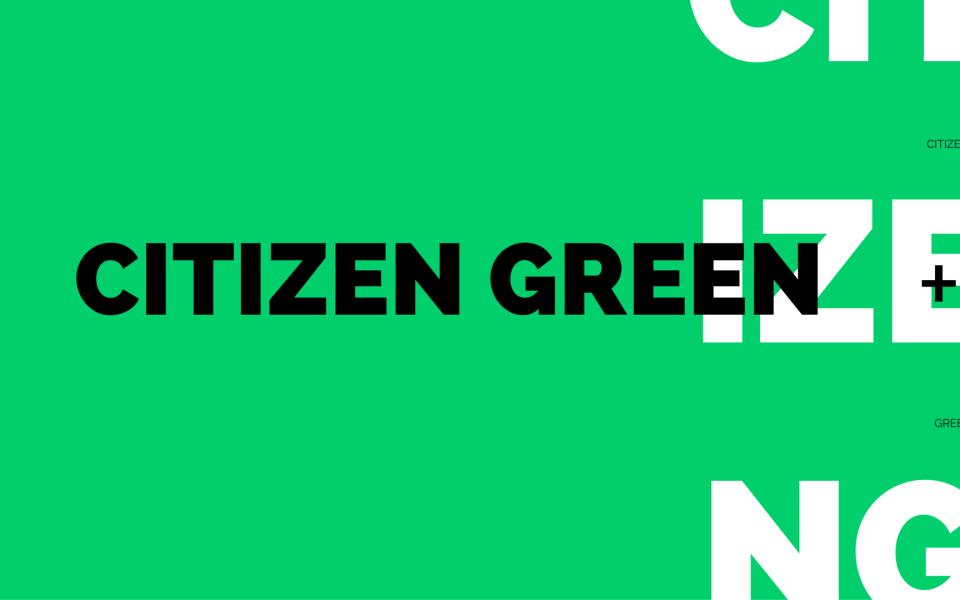House Bill 2 was the final blow to North Carolina’s reputation as an oasis of progressive, forward-looking government in the Solid South, following three years of successive assaults by our dangerously unhinged state legislature.
More importantly, for transgender people, along with their friends and family, the law is a frontal assault on the safety of an already marginalized and vulnerable population — enacted for no other reason than to gin up votes from misplaced fear and resentment.
Those of us who make North Carolina our home and earn our livelihoods here are not leaving. We’re obviously going to stand and fight. #ThisIsNotUs, as the hashtag declares, and we owe it to each other to struggle for a more just and inclusive North Carolina. So how do we make sense of being the target of a boycott by entertainers like Bruce Springsteen and major corporations like PayPal?
As my friend Chris Kromm pointed out in a recent piece for Facing South, boycotts by their very nature “raise the economic and political costs of business as usual, to the point that decision-makers — whether lawmakers or corporate CEOs — are forced to change course.”
The cost is most certainly shared by those of us who oppose HB 2 and the bigotry it represents. Every canceled concert represents a negative multiplier — think of the marketing budgets that provide revenue to publishers or restaurant meals that put money in the pockets of servers and line cooks.
Yet boycotts have always required a sacrifice from those who are struggling under the yoke of oppression. The 1955 Montgomery bus boycott economically starved the city’s transit system; the black citizens organizing against discrimination had to walk or carpool to get to work. The striking farmworkers led by Cesar Chavez in the mid-1960s called for a consumer boycott of the grapes that provided their very livelihood.
Perhaps the most relevant historical precedent to North Carolina’s situation is the boycott against apartheid South Africa, dramatized by Artists United Against Apartheid’s 1985 recording “Sun City.” Led by Springsteen sideman Steven Van Zandt, the all-star ensemble whose members included everyone from Run-DMC to Miles Davis, Bob Dylan, Bonnie Raitt and Joey Ramone, declared they would not perform at the South African resort and entertainment complex known as Sun City. Far from being a paternalistic gesture by a group of privileged entertainers, the boycott had been initiated a quarter century earlier by the black freedom fighters in South Africa.
It may be easier to accept the economic sacrifice of taking a stand against the degradation of our trans friends than the social cost of isolation. There’s a strong argument to be made for the role of culture in tipping society towards justice. What could be a more powerful statement of resistance, after all, than Laura Jane Grace, the trans lead singer of Against Me!, setting fire to her birth certificate during the band’s performance in Durham?
By the same token, it’s impossible to overstate the impact for those of who were demoralized in the wake of HB 2’s passage — the thrill of having someone powerful and influential on our side — when Springsteen canceled his concert in Greensboro. The Boss explicitly framed his decision as an act of “solidarity” with “freedom fighters,” meaning the groups, businesses and individuals in North Carolina who are fighting to overturn HB 2.
“Some things are more important than a rock show, and this fight against prejudice and bigotry — which is happening as I write — is one of them,” Springsteen said. “It is the strongest means I have of raising my voice in opposition to those who continue to push us backwards instead of forwards.”
The politics of promoting a boycott from the home-front can feel messy. Imagine how Johnny Clegg, a white performer who was arrested repeatedly for speaking out against apartheid, felt about being unable to perform as a South African artist because of the boycott.
Despite the personal cost to himself, Clegg told Green Global Travel in 2014: “All of the boycotts, both outside and the consumer boycotts inside South Africa, were a part of a multilayered strategy to isolate the apartheid government and bring them to their knees.”
The boycott is working in North Carolina, too.
Thanks, in large part to the backlash against HB 2, North Carolina’s gubernatorial contest is expected to be one of the most closely contested in the country. And polling as recent as late June finds that HB 2 remains unpopular with North Carolina voters.
It’s not that the majority of North Carolinians are necessarily pro-LGBTQ. As a release from Public Policy Polling put it in late May: “The reasons for voters wanting HB 2 repealed are pretty straightforward — they think it’s hurting the state both economically and in terms of its national reputation.”
Join the First Amendment Society, a membership that goes directly to funding TCB‘s newsroom.
We believe that reporting can save the world.
The TCB First Amendment Society recognizes the vital role of a free, unfettered press with a bundling of local experiences designed to build community, and unique engagements with our newsroom that will help you understand, and shape, local journalism’s critical role in uplifting the people in our cities.
All revenue goes directly into the newsroom as reporters’ salaries and freelance commissions.


Leave a Reply